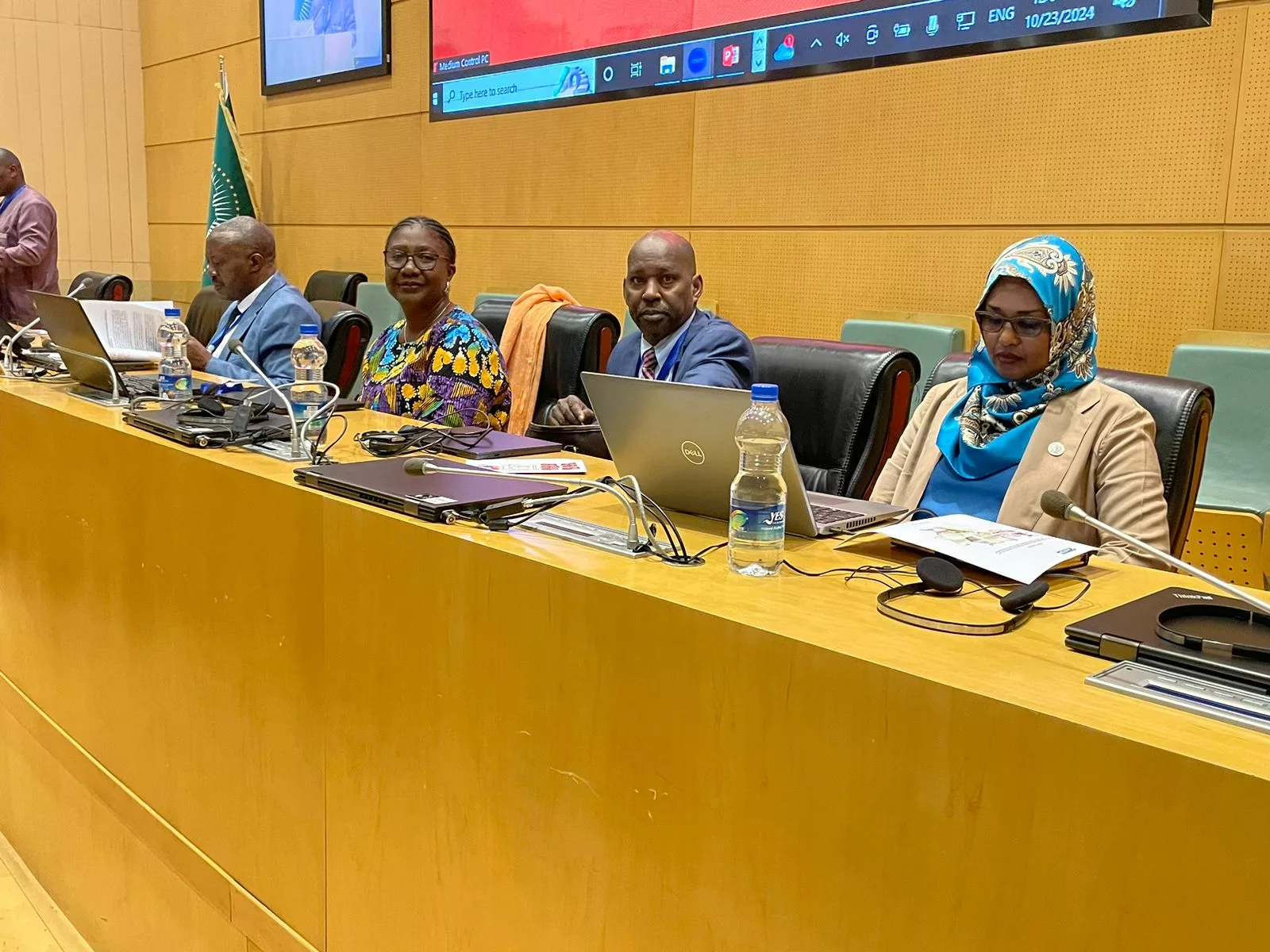|
Getting your Trinity Audio player ready...
|
An extraordinary session of the African Union’s specialised technical committee got underway on 23 October 2024 in Addis Ababa, Ethiopia, to review the strategy and action plan for the continent’s comprehensive agricultural development programme for the next 10 years.
For three days, experts in the agricultural sector will review and approve the Kampala Declaration, to be presented at the Extraordinary Summit of Heads of State and Government in January 2025 in Kampala, the statute of the African Food Safety Agency and the AU’s centres of excellence for training and research in fisheries, aquaculture, conservation of aquatic biodiversity and ecosystem management.
The agricultural development programme aims for an annual growth rate of six percent in the agricultural sector, with African Union member states allocating at least 10 percent of their budgets to this sector, intending to increase food security and nutrition, reduce rural poverty, create employment and contributing to economic development while safeguarding the environment.
The first decade of CAADP (2003-2013) was marked by successes and challenges, with 45 AU member states signing the pact, and 31 countries concluding investment plans and four regional plans, but challenges such as overburdened resources and a lack of intersectoral cooperation hindered progress, as described in the programme’s biennial report.
Although the CAADP (Malabo Declaration) focuses on agriculture, livestock, forestry and fisheries, it recognises the importance of infrastructure, trade and other sectors in boosting agricultural growth.
Recent crises such as the COVID-19 pandemic, conflicts on the continent and the Russia-Ukraine conflict have negatively affected African agriculture, underlining the need for a new agenda beyond 2025 in the face of climate change.
During the Thirty-Seventh Ordinary Session of the Assembly of the African Union in February 2024, the Heads of State and Government expressed their concern that the continent was not on track to fulfil the objectives and targets of CAADP by 2025.
The 20 years of CAADP implementation have seen an increase in Africa’s gross domestic product (GDP), average incomes, agricultural production and productivity, trade and agricultural investments, as well as a significant reduction in hunger and poverty.
The post-Malabo agenda represents a crucial moment for rethinking Africa’s priorities while building on current strengths and will be strategically adapted to meet emerging challenges and align with global trends.
This integrated programme for the development of agriculture in Africa is also based on the need to address persistent challenges, and unfinished business in achieving the objectives of the previous one, adapting to the changing global context, aligning with Agenda 2063 and seizing new opportunities for agricultural transformation and inclusive growth.






